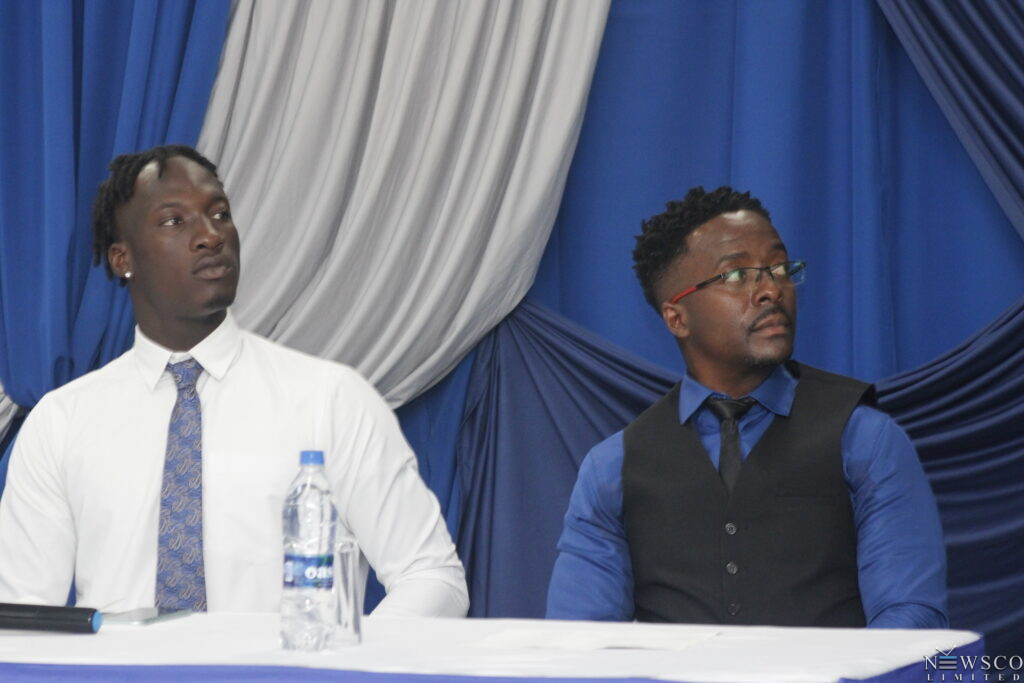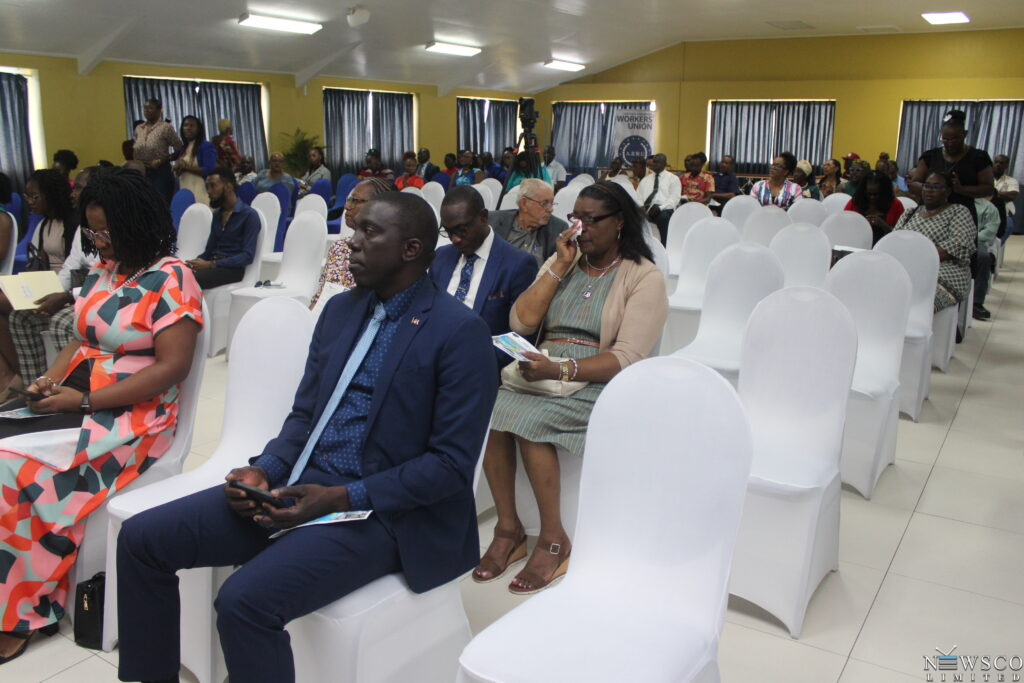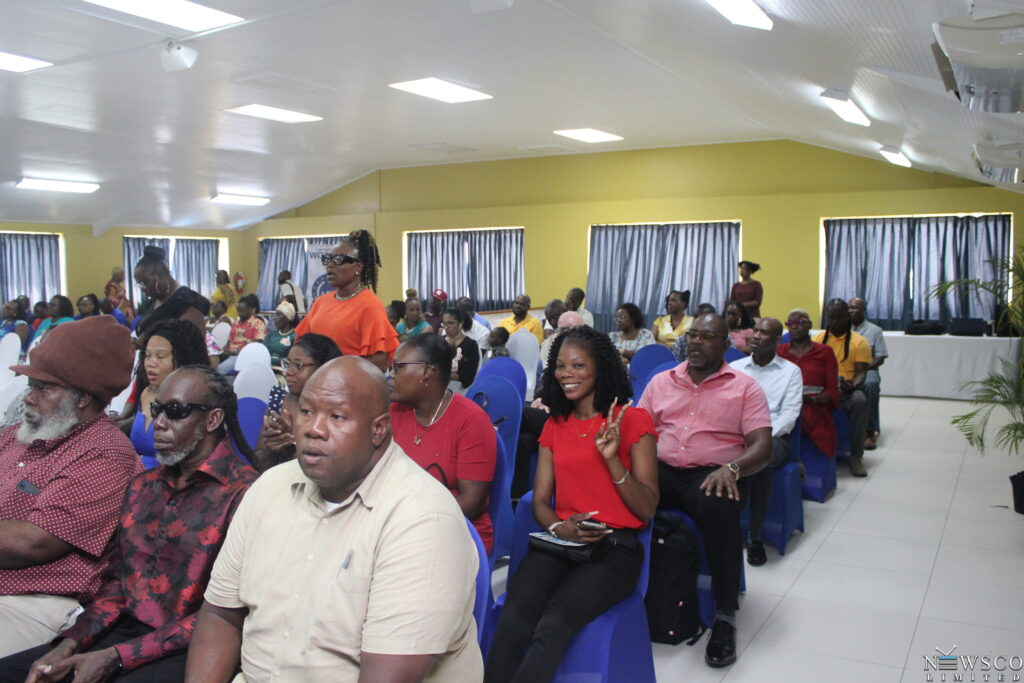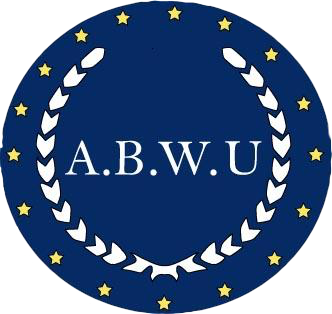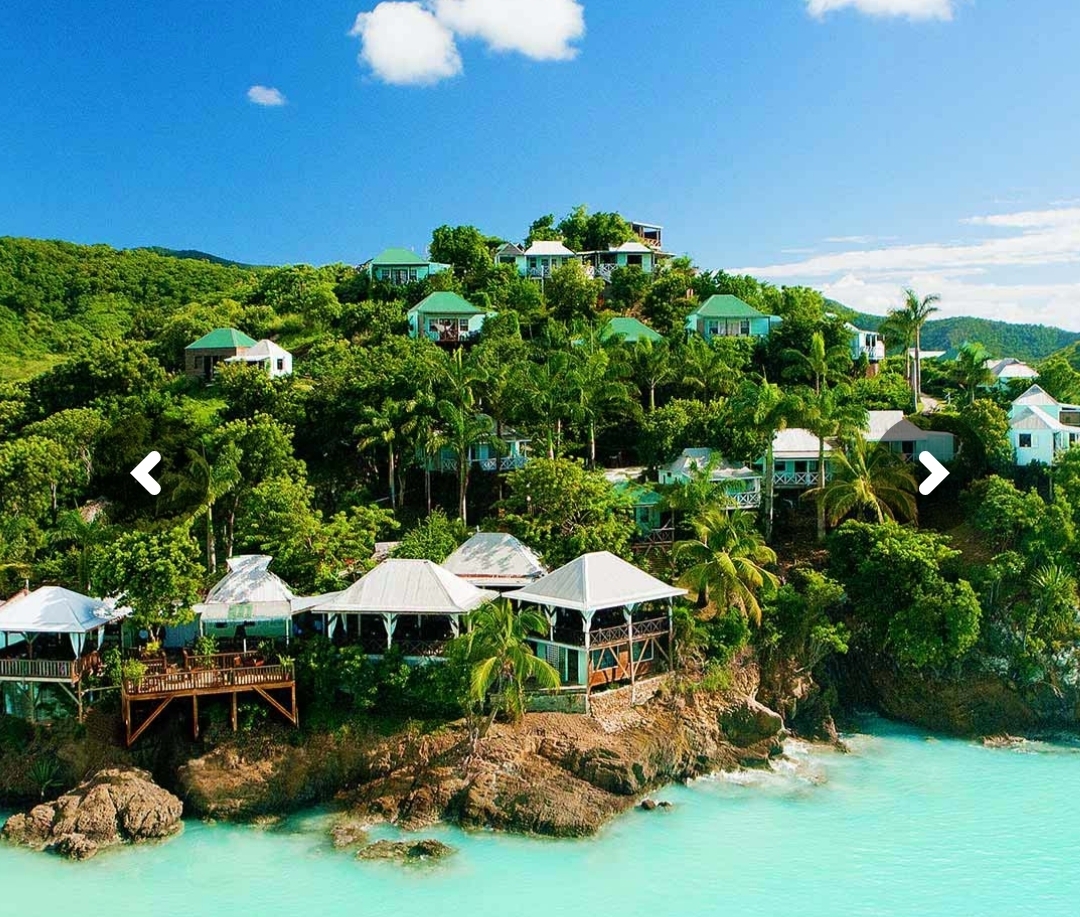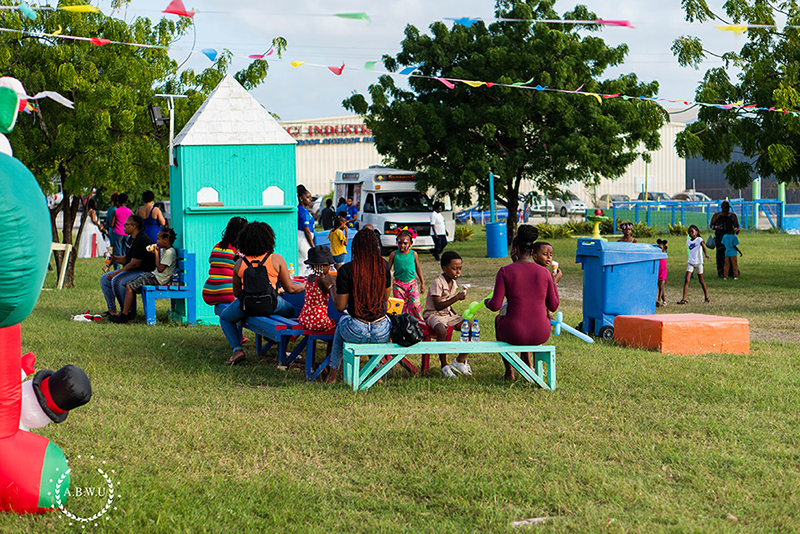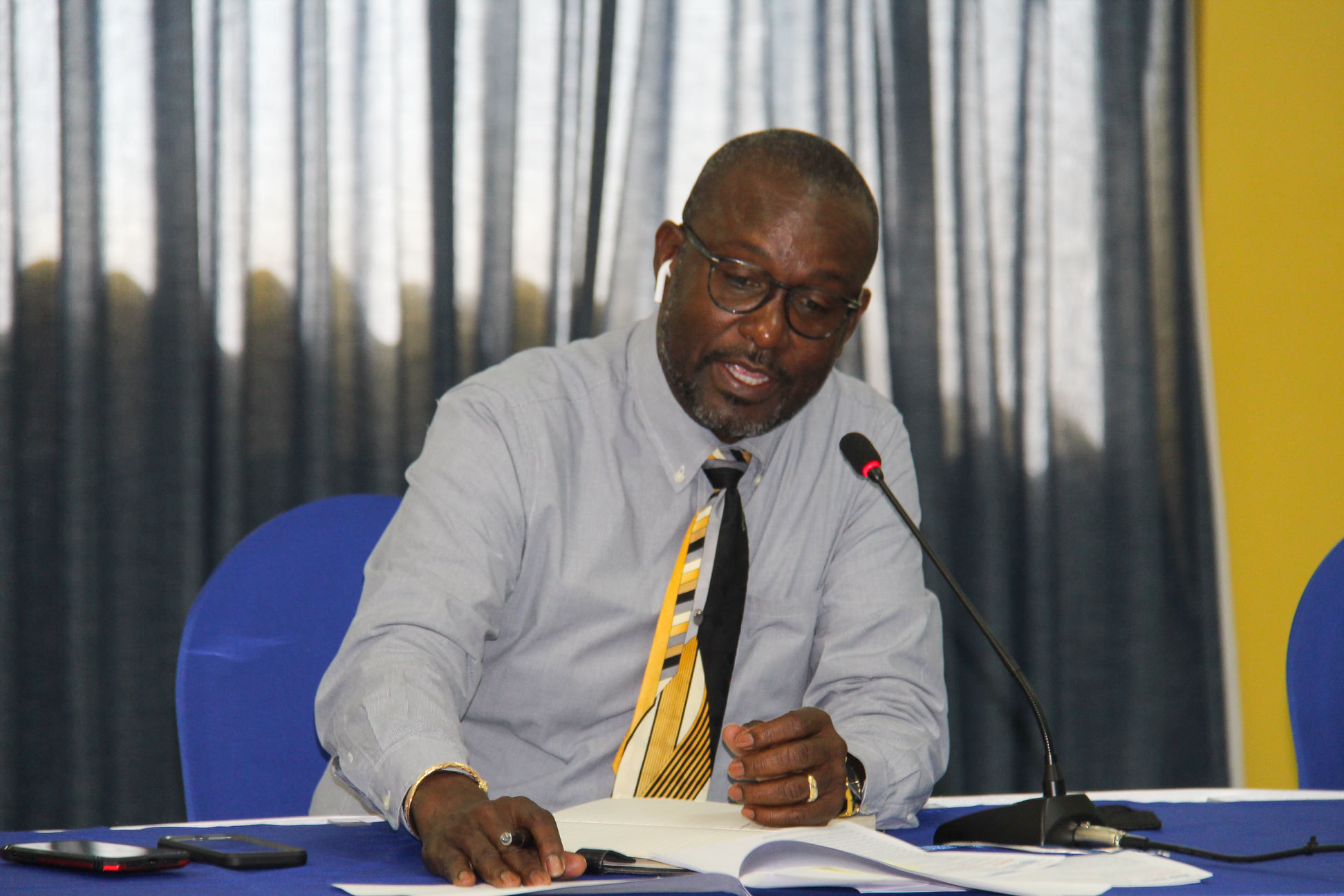By Robert Andre Emmanuel
robert.emmanuel@antiguaobserver.com
The impact of climate change on workers in Antigua and Barbuda was the focal point of the Antigua and Barbuda Workers Union (ABWU) 57th Annual Delegates Conference.
With more than 100 persons representing every sector of the local workforce gathering at the ABWU headquarters, Freedom Hall, for the two-day event, organizers themed the conference “Climate Action: The Agenda for Trade Unions Now.”
At the opening ceremony, Dr Andre Henry, guest speaker from the Cipriani College of Labour and Cooperative Studies in Trinidad and Tobago, provided crucial insights on the challenges posed by climate change to the future of work.
“You are living in a complex world,” Dr Henry emphasized. “In this complex environment, you really have two choices: you could pretend it doesn’t exist… or you can recognize the complexity of the environment and decide to give it your best shot.”
Dr Henry outlined potential job sectors that could be affected by climate change, both positively and negatively.
He suggested that while some traditional jobs may be at risk, new opportunities are emerging in areas such as renewable energy, disaster response, and climate science.
“As a Union, we have to be thinking about how we are going to organize and mobilize both to protect workers and to maintain our relevance,” Dr Henry stated.
He introduced the concept of the “just transitions framework,” developed by the Trade Union movement to secure workers’ rights and livelihoods as economies shift to sustainable production.
The guest speaker provided a menu of actions for the Union to consider, including building coalitions, advocating for policy initiatives, and conducting research to inform decision-making.
“The Union could exercise a leadership role that will transcend narrow interests and focus on the needs of the country as a whole,” Dr Henry advised.
ABWU President Kem Riley echoed these sentiments, underscoring the urgent need for Unions to play a more assertive role in shaping climate action.
“[The] climate crisis is not just an environmental issue. It is an economic, social, and ethical one that affects every community, every industry,” Riley said.
Riley also highlighted the vulnerability of the tourism sector, which accounts for more than half of Antigua and Barbuda’s GDP, and employs over 8,000 workers.
ABWU General Secretary, David Massiah, speaking to Observer media prior to the conference, highlighted the importance of Union involvement in the transition to a green economy, stating that “being part of an international Trade Union body that has been advocating at COP and different forums on the aspect and importance of climate action and responsibility, and the inclusion of Trade Unions and other stakeholders at the national level, this is something that we will be focusing on.”
Regarding the potential impact on local workers, Massiah explained, “If you’re talking about changing from fossil fuel to a green economy, obviously it is going to impact upon the number of workplaces… It will cause some shift in the type of jobs that are going to be available… We have to learn new skills to continue to survive in the community.”
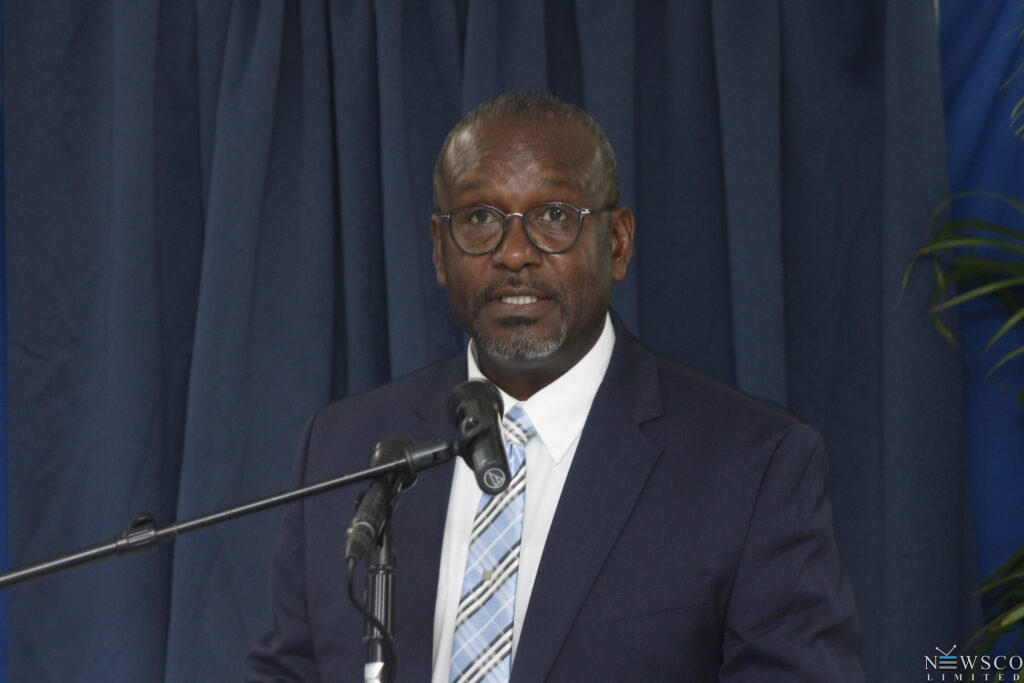
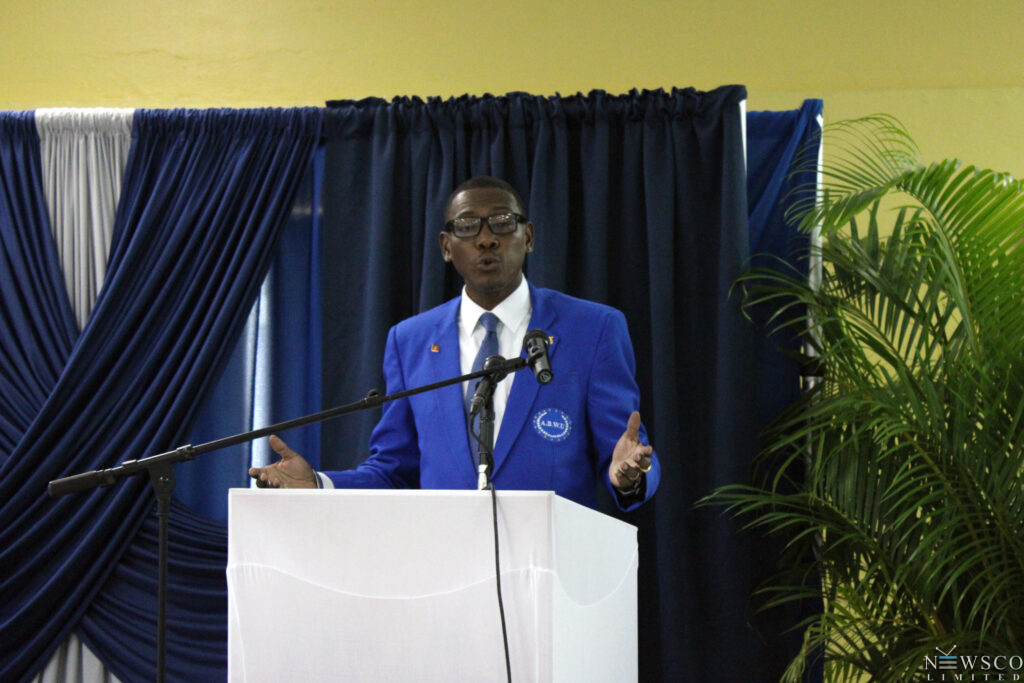
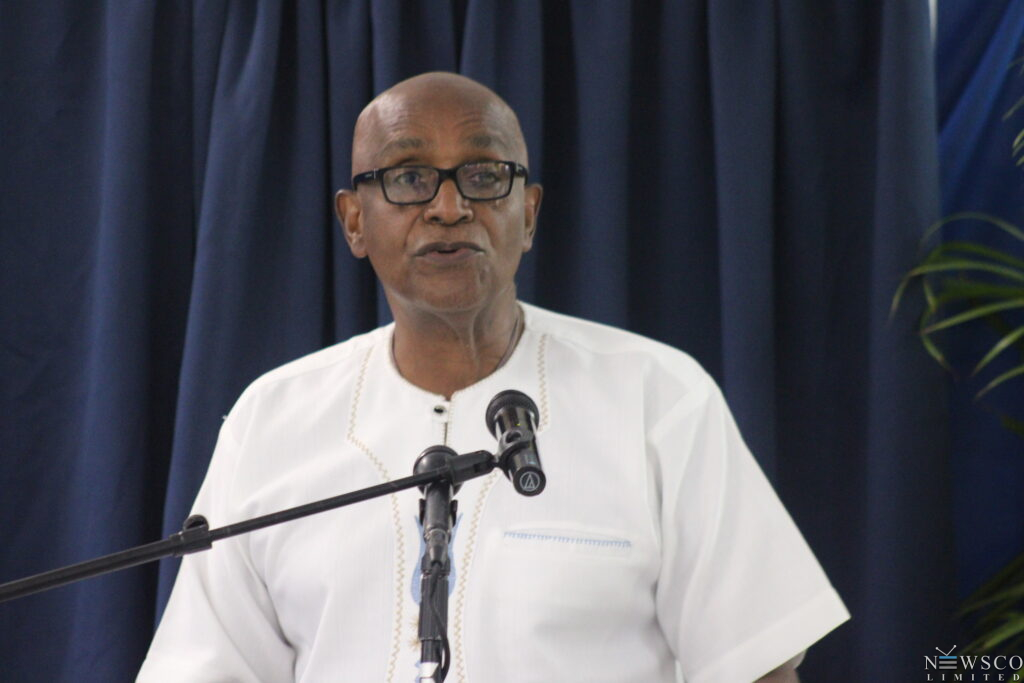
The conference also addressed broader economic concerns. “We are concerned about what goes on in the economy… the high prices, of course, that impact on workers in regard to their disposable income, how that is really running down to the economy, what needs to be done differently,” Massiah added.
Meanwhile, words were shared by leaders from the various Trade Unions on the island, as well as the United Progressive Party.
Labour Commissioner Eltonia Rojas set the tone for the conference, emphasizing the urgent need for action, highlighting the importance of transitioning to renewable energy sources and preparing the workforce for inevitable changes in traditional job sectors.
Political Leader of the United Progressive Party (UPP), Jamale Pringle, echoed sentiments expressed by the ABWU President, stressing the vulnerability of Antigua and Barbuda’s tourism-dependent economy to climate change.
“Our livelihoods, from hotel workers to taxi drivers to banks and insurance employees, are all linked to what happens in the global climate and our local and fragile environment,” Pringle said.
The conference also saw participation from other Union leaders, including Joan Peters, President of the Antigua and Barbuda Public Service Association (ABPSA), and Casroy Charles, President of the Antigua and Barbuda Union of Teachers (A&BUT).
Both emphasized the need for Unions to educate workers about climate change and ensure workplace safety in changing environmental conditions.
Ralph Potter, president of the newly-formed People’s Union, broadened the discussion to include the current state of industrial relations in Antigua and Barbuda.
“We are now seeing the most challenging period for workers in Antigua and Barbuda since the introduction of the Antigua Labour Code in September 1975,” Potter warned, calling for united action to protect workers’ rights and benefits.
